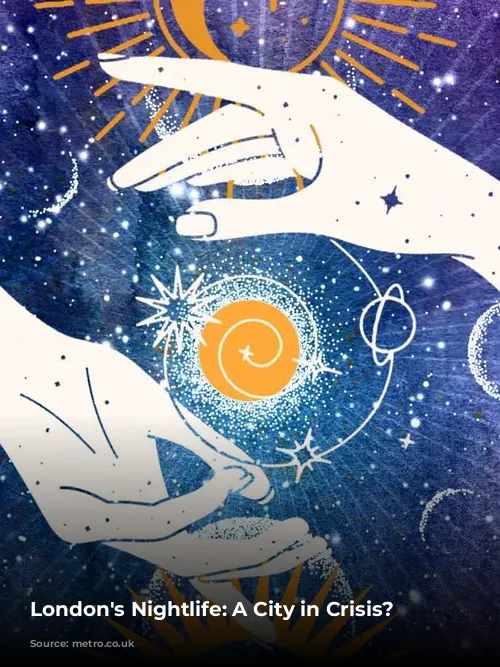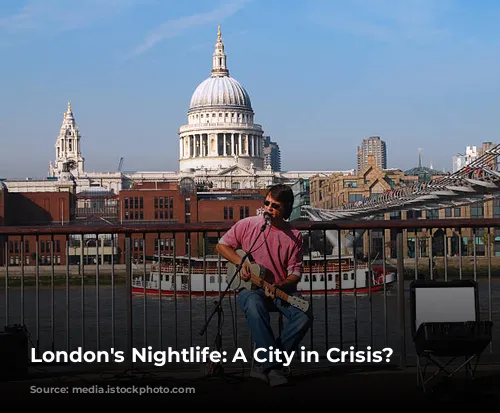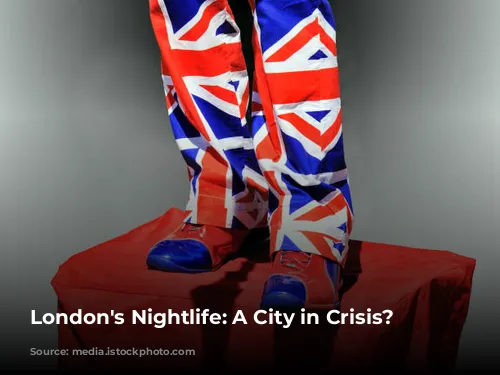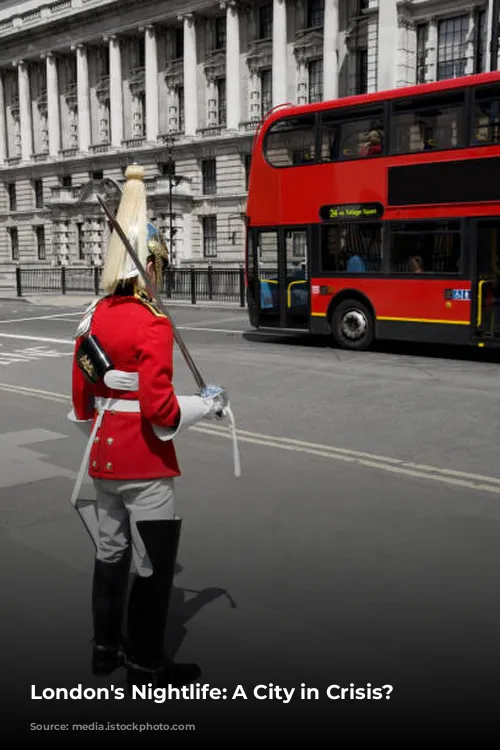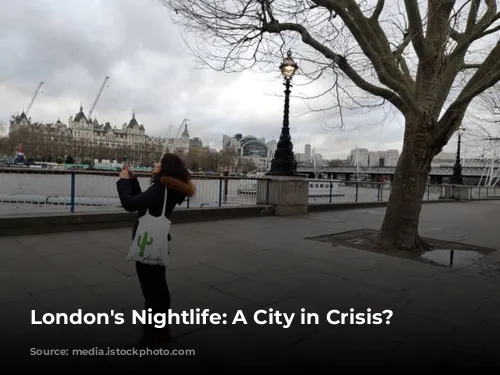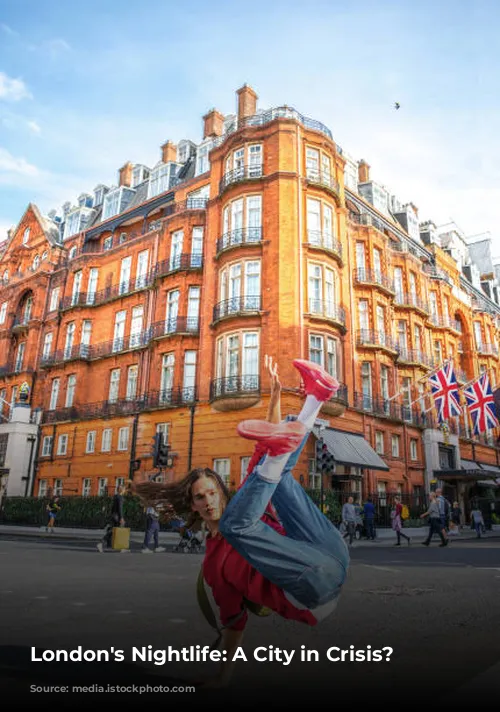London, once renowned as a global nightlife hub, now faces a critical dilemma. Its vibrant social scene, a cornerstone of the city’s identity, is struggling to regain its former glory.
This issue has taken center stage in the 2024 mayoral race, with candidates vying for the city’s top job presenting their visions to revitalize London’s nocturnal landscape.
The incumbent mayor, Sadiq Khan, has outlined a comprehensive plan, encompassing a dedicated “London Nightlife Fund” and a “London Nightlife Taskforce” – key elements of his “24-hour London” vision.
Other candidates, including Conservative candidate Susan Hall, advocate for an expanded Night Tube network, while some propose levies on major sports stadiums to support smaller businesses, or even a “hail-and-ride” system for buses.
The Pandemic’s Lasting Impact
While London’s nightlife crisis impacts the city’s 8.9 million residents, it also significantly affects tourism, a crucial economic driver.
The COVID-19 pandemic stands as the most evident cause of this downturn.
Beyond the lockdowns that confined people to their homes, the pandemic’s lasting effects are clearly visible.
The Night Time Industries Association (NTIA) reports that over 3,000 nightclubs, bars, and pubs across London have permanently closed their doors since March 2020.
Michael Kill, the NTIA’s chief executive, underscores the pandemic’s devastating impact: “Prior to the pandemic, over 300 million nightlife tourists visited the UK annually, with London accounting for approximately 25% of this influx.”
Changing Habits and the Rise of Hybrid Work
Beyond the pandemic’s direct effects, changing habits and the rise of hybrid work have also contributed to the decline in London’s city center.
A 2022 survey revealed that Thursdays have become the new Fridays, with more people embracing remote work options towards the end of the week.
This shift in work patterns has significantly impacted nightlife activity, particularly in Zone 1, where tourists often stay.
London’s Cultural Identity at Stake
The decline in nightlife threatens not just the economy but also London’s cultural identity.
Michael Kill emphasizes the vital role of the nighttime economy in London’s cultural and economic fabric: “Events, nightclubs, and venues are not mere entertainment hubs; they are crucial drivers of both domestic and international tourism.”
The closure of iconic venues like G-A-Y Late and Printworks, once major draws for international visitors and locals alike, reflects the gravity of the situation.
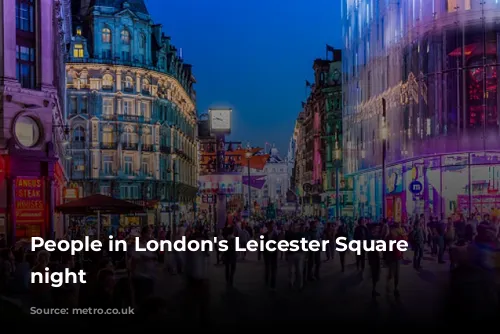
London’s Early Closing Times and the Limited Night Tube
Early closing times and limited public transport options further hinder London’s efforts to maintain its 24/7 status.
Many venues close their doors before midnight, often coinciding with the last Tube departures, leaving locals and tourists alike with limited options for late-night activities.
This contrasts with other European cities, such as Paris, where people enjoy cocktails in city squares long after midnight.
Even the Night Tube, a service that operates on Fridays and Saturdays on select lines, runs only until midnight, restricting options for late-night travel.
The Cost of Living Crisis and the Evolution of Nightlife
The cost-of-living crisis further exacerbates the challenges faced by London’s nightlife scene.
High drink prices, averaging around £7 for a pint and up to £20 for a cocktail, make staying out late an expensive proposition, further discouraging patrons.
This has led to a shift in the landscape, with clubs adapting their offerings to attract a wider audience.
Clubs like Fabric have incorporated corner shops and pizza stations, catering to patrons less interested in alcohol consumption, aiming to create a more multi-purpose destination.
Can London’s Nightlife Be Saved?
The future of London’s nightlife remains uncertain.
While the city’s potential for revival is undeniable, various factors, including changing habits, economic pressures, and limited public transport options, present significant obstacles.
Ultimately, the future of London’s nightlife hinges on a collaborative effort involving government initiatives, business innovation, and a renewed commitment to preserving the city’s vibrant cultural heritage.
